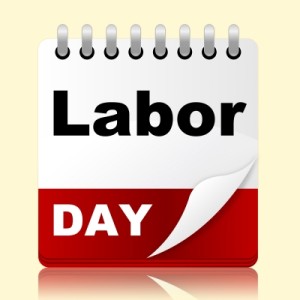You have read obituaries. They list every job the deceased held. Sometimes you see a single career path, other times you see a career path that winds all over the place. Resumes are the same. You can see a theme of success or a laundry list of everything done in every job held.
Creating a résumé that is relevant for the position will keep your résumé in the running. And not in the depths of the application tracking database.
If your career path covers everything from scooping ice cream in high school to selling the cure for the common cold and everything in between, including all of it in your résumé does more harm than good. Today your résumé needs to highlight your skills and experience that make you an ideal candidate.
I have looked at candidate resumes that are impressive. However, they don’t answer the question, “WHY ARE YOU THE BEST CANDIDATE?” Buried in the content is information that related to the position. Sometimes, I find it at the end of the résumé. This hidden gem won’t get read if the reader doesn’t find a reason to continue reading after the first half of the résumé.
Listing irrelevant skills and experience won’t get you an interview. However, if you are looking for a sales job and you show you sold more ice cream than your co-workers for several years running, or you consistently surpassed your quota for selling the cure for the common cold, you have caught their interest.
Eliminate the non-essential. Most people have experience and skills doing many things. However listing all your experience and skills wastes space that should be used for highlighting your unique selling proposition. There are exceptions to this. For example, if you worked as an ice cream scooper as a teenager and are looking to for a job at an ice cream manufacturing company as an engineer, office assistant, or accountant, your ice cream scooping experience is relevant.
Show them the money. Show in dollars and percentages how you made money, saved money, or saved time. Show them how you are the best at what you do by listing the awards and honors you have received.
Tell them that you were the office guru when it came to knowing how to do a particular task. For example, if you were selected for the project because of you were the only one available to do something unusual. Mention how you were the go-to person for understanding Microsoft Office or other software inside and out; or how you were the person who was the only one that could handle difficult customers; or another similar expertise.
Check your past performance reviews for the information you can use. Talk to your former co-workers to see what they have to say about your skills.
Your next employer doesn’t want to know everything you’ve done; they want to know that you are capable of doing better the job than anyone else. Give them what they are looking for. Less is more in this case. More useless information could mean the demise of your consideration for that position and find itself resting in the dead resume bin.
How can I help you in your job search?






